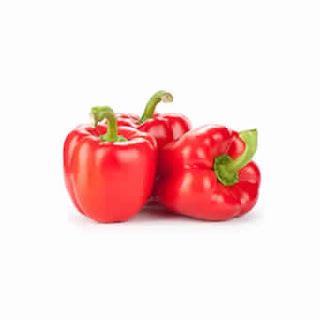Gardening Tips for Organic Vegetable Farming in India
In this day and age when pollutants have spread across various processes of agriculture, Organic farming has emerged as the new beacon of hope for those who are conscious about what they eat. It is an agricultural practice that involves no use of chemicals at any level, giving you naturally nutritious fruits and vegetables that only adds to your health. While there are various aspects of organic farming that may sound intimidating for a beginner, in the long run it is the most beneficial. Hydroponic fruits and vegetables are equally nutritious if you consider a more advanced approach that gives more yields. While organic farming circles around the nutrition of the soil, hydroponic system uses an inert medium that assures better absorbency and better drainage.
Organic farming relies heavily of soil quality, so choosing the top soil perfectly becomes imperative. Use of compost becomes an additional process of Organic farming. ?if you choose hydroponics you can do well by just buying a good quality coco-peat, rockwool or the other medium.
Choosing seeds is another aspect that requires your undivided attention before growing organic and hydroponic vegetables and fruits. Select organic seeds that are Non-GMO and are easy to care for. Follow the care instruction on the seed packs to attain better results.
Location, climate, temperature attributes quite a lot to the kind of produce you will have at the end of it all. Seeds that are adaptable to your environment is best suggested before you consider growing them. Hydroponic system, on the other hand yields better produce irrespective of the climate or location. It grows plants in a greenhouse that protects them from the harsh environment and harmful pests, which is why it is the best Hydroponic system for peppers, because they shy away from harsh sunlight.
Watering regularly is absolutely necessary for organic gardening. Also keep an eye out for drainage. Over watering may kill your fruits and vegetables. Regular tilling of the soil is required by organic gardens to aerate the soil. Drip irrigation and sprinklers may ease this task and save water for you.
So consider your options carefully and choose a method that best suits your garden and your lifestyle. Happy gardening!
Organic farming relies heavily of soil quality, so choosing the top soil perfectly becomes imperative. Use of compost becomes an additional process of Organic farming. ?if you choose hydroponics you can do well by just buying a good quality coco-peat, rockwool or the other medium.
Choosing seeds is another aspect that requires your undivided attention before growing organic and hydroponic vegetables and fruits. Select organic seeds that are Non-GMO and are easy to care for. Follow the care instruction on the seed packs to attain better results.
Location, climate, temperature attributes quite a lot to the kind of produce you will have at the end of it all. Seeds that are adaptable to your environment is best suggested before you consider growing them. Hydroponic system, on the other hand yields better produce irrespective of the climate or location. It grows plants in a greenhouse that protects them from the harsh environment and harmful pests, which is why it is the best Hydroponic system for peppers, because they shy away from harsh sunlight.
Watering regularly is absolutely necessary for organic gardening. Also keep an eye out for drainage. Over watering may kill your fruits and vegetables. Regular tilling of the soil is required by organic gardens to aerate the soil. Drip irrigation and sprinklers may ease this task and save water for you.
So consider your options carefully and choose a method that best suits your garden and your lifestyle. Happy gardening!



Comments
Post a Comment